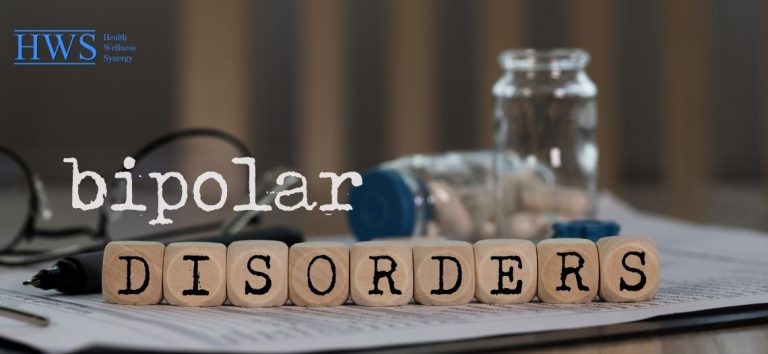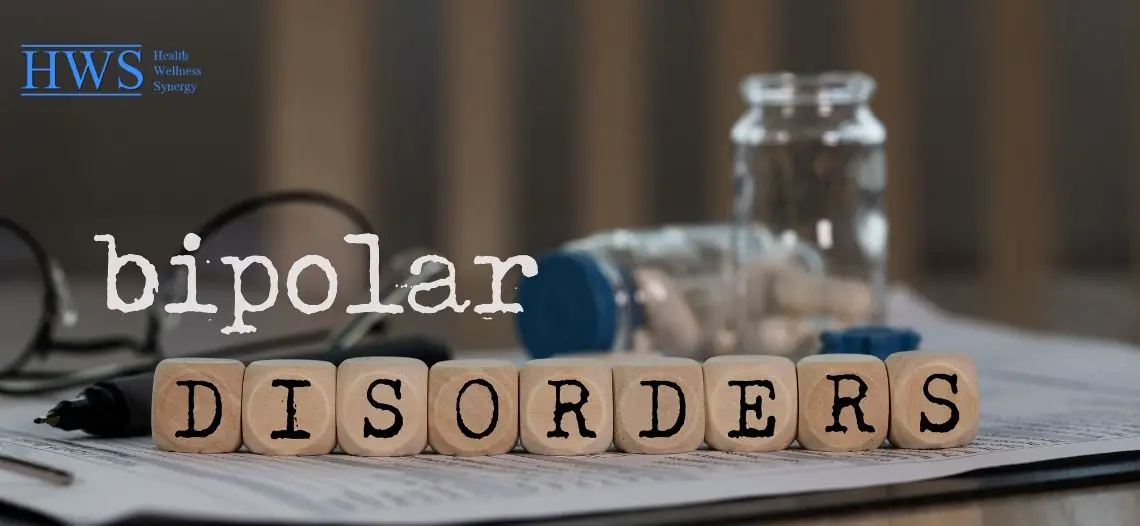
Bipolar disorder is a mental health condition that affects a person’s mood, energy, and ability to function. Those with bipolar disorder experience significant mood swings, shifting between depression and mania. These changes can be intense and rapid, making it difficult to manage daily life. In this article, we will examine bipolar disorder, its symptoms, and ways to cope with this condition.
Delving into Bipolar Disorder
Often referred to as manic depression, bipolar disorder is a mental health condition characterized by extreme mood swings. This disorder impacts a person’s ability to manage daily life, affecting their relationships, work, and education. Bipolar disorder mainly comes in two forms: Bipolar I and Bipolar.
Bipolar I Disorder
As the more severe form of the condition, Bipolar I disorder affects individuals with episodes of mania and depression, with manic episodes lasting at least a week. Symptoms of a manic episode include:
- Exceptional vitality
- Elevated disposition
- Diminished slumber requirements
- Accelerated cogitation
- Megalomania
- Impetuousness
Bipolar II Disorder
Though less intense than Bipolar I disorder, Bipolar II disorder nevertheless disrupts an individual’s daily existence. People grappling with this iteration of bipolar disorder undergo depressive episodes and hypomania. Hypomania represents a milder manifestation of mania, accompanied by symptoms such as:
- Amplified energy
- Upbeat disposition
- Augmented productivity
- Accelerated cogitation
- Impetuousness
Manifestations of Bipolar Disorder
Bipolar disorder’s symptoms diverge among individuals and differ for each subtype. Common indications of bipolar disorder entail:
Mania
- Exceptional vitality
- Elevated disposition
- Diminished slumber requirements
- Accelerated cogitation
- Megalomania
- Impetuousness
Hypomania
- Amplified energy
- Upbeat disposition
- Augmented productivity
- Accelerated cogitation
- Impetuousness
Depression
- Despondency
- Hopelessness sensations
- Lethargy
- Appetite alterations
- Slumber complications
- Suicidal ideation
Addressing Bipolar Disorder
Confronting bipolar disorder might prove arduous, but efficacious symptom management is attainable with appropriate treatment and assistance. Consider the following approaches:
- Medication
Pharmaceutical intervention often constitutes a vital element in bipolar disorder management. Mood stabilizers, antipsychotics, and antidepressants facilitate mood regulation and symptom alleviation. Collaborating closely with healthcare professionals ensures suitable medication and dosage selection.
- Therapy
Therapeutic methods, such as cognitive-behavioral therapy (CBT) and psychotherapy, can effectively mitigate bipolar disorder by fostering coping mechanisms, nurturing relationships, and devising mood swing strategies.
- Lifestyle Modifications
Adopting lifestyle adjustments can aid in bipolar disorder management. Beneficial strategies may involve:
- Consistent physical activity
- Adhering to a sleep routine
- Consuming a balanced diet
- Abstaining from alcohol and drugs
- Support Groups
Involvement in support groups can facilitate connection with fellow bipolar disorder sufferers, offering communal understanding and shared experiential learning.
- Seeking Assistance
It is crucial for those grappling with bipolar disorder symptoms or suspecting a loved one’s affliction to enlist the guidance of mental health professionals. Timely intervention and treatment can yield significant improvements in managing the condition, equipping individuals with strategies to handle symptoms and enhance their life experience.
In conclusion, bipolar disorder, while daunting, can be effectively managed through a multifaceted approach, including medication, therapy, lifestyle adjustments, and support networks. By engaging with mental health professionals and embracing Resistant Depression Treatment, individuals affected by bipolar disorder can cultivate resilience and enjoy a fulfilling life.





